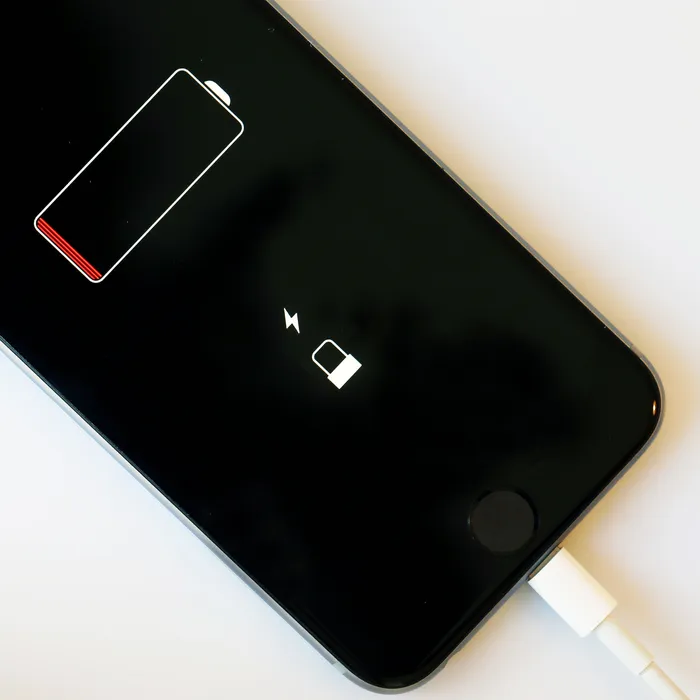As smartphones have become an integral part of our lives, so have the apps that we download and use on them. While many apps are helpful and provide us with valuable services, some may be designed to steal our personal data. If you’re concerned that an app on your phone may be trying to steal your data, there are several signs that you can look out for. In this post, we’ll explore The 5 Most Common Signs of Data Theft from Your Smart Phone in more detail and provide you with real-world examples to help you better understand them.



The 5 Most Common Signs of Data Theft from Your Smart Phone



- Requests for unnecessary permissions:
When you download an app, you may be prompted to grant it certain permissions, such as access to your camera, microphone, or contacts. While some permissions are necessary for the app to function properly, others may be unnecessary and could be a sign that the app is trying to access your data for other purposes.
Example: A flashlight app that requests access to your contacts or location. A flashlight app does not require access to your personal information or location, so it may be a sign that the app is collecting your data for other purposes. - Excessive data usage:
If you notice that an app is using an excessive amount of data, even when you’re not using it, it may be a sign that the app is sending your data to a remote server. This could be for advertising purposes or to sell your data to third parties.
Example: A game app that uses a lot of data even when you’re not playing. If the app is sending data to a remote server even when it’s not being used, it may be collecting your data for advertising or other purposes. - Pop-ups and ads:
If an app displays a lot of pop-ups or ads, especially ones that are unrelated to the app’s purpose, it may be a sign that the app is collecting your data for advertising or other purposes. These ads could be targeted based on your browsing history, location, or other personal information.
Example: A free app that displays ads for unrelated products or services. - Battery drain:
If you notice that an app is causing your phone’s battery to drain quickly, it may be a sign that it is running in the background and using up resources to send your data to a remote server. This could be a sign that the app is collecting your data for other purposes.
Example: A weather app that drains your phone’s battery even when you’re not using it. If the app is running in the background and using up resources to send your data to a remote server, it may cause your phone’s battery to drain quickly. - Suspicious activity:
If you notice any suspicious activity on your phone, such as messages being sent without your knowledge or strange charges on your phone bill, it may be a sign that an app is accessing your data without your permission. This could be a sign that the app is compromised and is stealing your data.
Example: Your close friend says they received a text message from you asking them to install an app or fill out a form asking for personal information, marketing feedback, etc.


What to do if you’re concerned about an app?
If you’re concerned that an app on your phone may be trying to steal your data, there are several steps that you can take to protect your data.
First, review the app’s permissions to see what data it has access to. If the app has unnecessary permissions or is requesting access to sensitive data, such as
your contacts or location, it may be a red flag.
Second, check the app’s reviews to see if other users have reported any issues with data security or privacy. If many users have reported problems, it may be a sign that the app is not trustworthy.
Third, use a security app to monitor the activity of other apps on your phone. A security app can alert you if an app is sending data to a remote server or engaging in other suspicious activity.
Fourth, check for news articles about the app. If the app has been in the news for data security or privacy concerns, it may be a sign that the app is not trustworthy.
Fifth, uninstall the app from your phone if you’re still concerned about it after investigating. This will help protect your data from potential threats.
It’s important to be cautious when downloading and using apps on your phone, especially if they request access to sensitive data. By being aware of the signs that an app may be trying to steal your data and taking steps to protect your data, you can help ensure that your personal information remains secure.



Want more information on any of the above? Contact us or join us on slack.